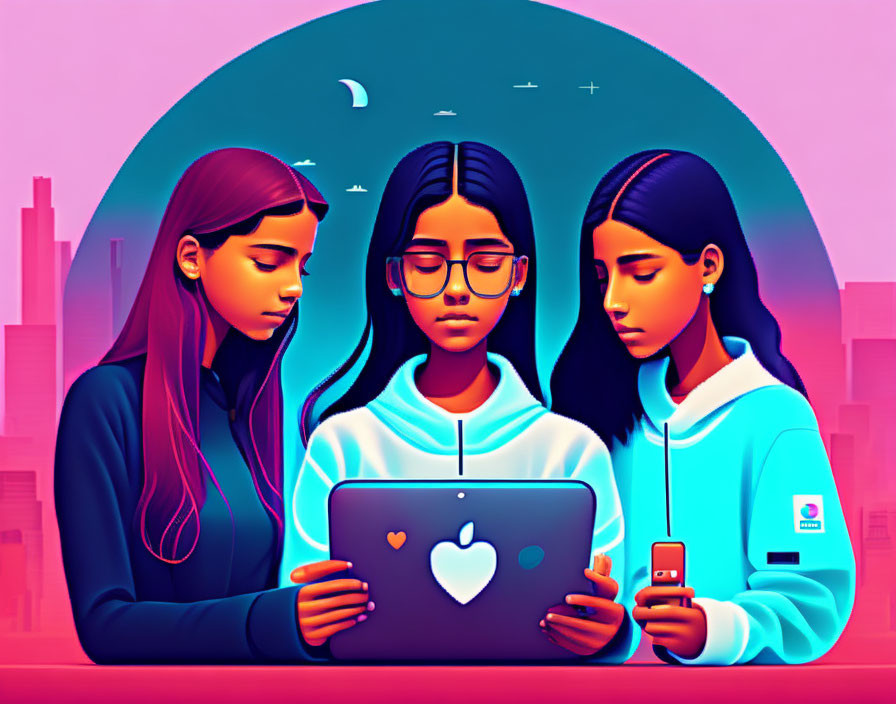In today’s digital age, technology has become an integral part of our lives, particularly for young people. Smartphones, social media, and various digital devices have revolutionized the way we connect, learn, and entertain ourselves. However, this increased reliance on technology has also raised questions about its potential effects on the mental health of the younger generation. In this blog post, we’ll explore the impact of technology use on the mental health of today’s youth and discuss some ways to maintain a healthy balance.
Social Media and Self-Esteem:
Social media platforms like Instagram, Facebook, and TikTok can foster unrealistic expectations and negatively impact self-esteem. Young individuals often compare their lives to the carefully curated content they see online, which can lead to feelings of inadequacy and anxiety.
Cyberbullying:
The anonymity provided by the internet has given rise to cyberbullying, which can have severe consequences on a young person’s mental well-being. Being targeted online can lead to depression, anxiety, and feelings of isolation.
Addiction and Screen Time:
Excessive screen time, especially late at night, can disrupt sleep patterns and contribute to sleep disorders. Lack of proper rest is closely associated with mood swings, irritability, and poor mental health.
FOMO (Fear of Missing Out):
The constant exposure to social events and activities through technology can create a sense of FOMO. Young individuals may feel left out or disconnected from their peers, which can lead to feelings of loneliness and sadness.
Reduced Face-to-Face Interaction:
Excessive use of technology can lead to a decline in face-to-face social interactions. Strong social connections are crucial for mental well-being, and a lack of in-person contact can contribute to feelings of isolation.
Online Harassment:
In addition to cyberbullying, young people may face online harassment or hate speech. This can be deeply distressing and harmful to their mental health.
Information Overload:
The constant flood of information and news on the internet can lead to information overload, stress, and anxiety. Young individuals may struggle to filter and process the sheer volume of data available to them.
Digital Detox and Self-Care:
To mitigate the negative effects of technology on mental health, it’s crucial for young people to practice digital detox. This means taking regular breaks from screens, disconnecting from social media, and engaging in self-care activities like exercise, meditation, and spending time with loved ones.
Educational and Responsible Use:
Encouraging responsible and educational use of technology is important. Young people should be taught about the potential pitfalls of excessive technology use and how to use digital resources in a balanced and mindful way.
Seeking Professional Help:
If technology-related mental health issues become severe, it’s essential to seek professional help. Therapists and counselors can provide support and strategies to cope with the challenges technology presents.
Conclusion:
While technology has the potential to enhance our lives in many ways, it’s crucial to be aware of its impact on mental health, especially for young people. By promoting responsible usage, encouraging digital detox, and seeking professional help when needed, we can help ensure that technology contributes positively to the mental well-being of today’s youth. Balancing the benefits of technology with its potential drawbacks is key to a healthier and more fulfilling life in the digital age.

